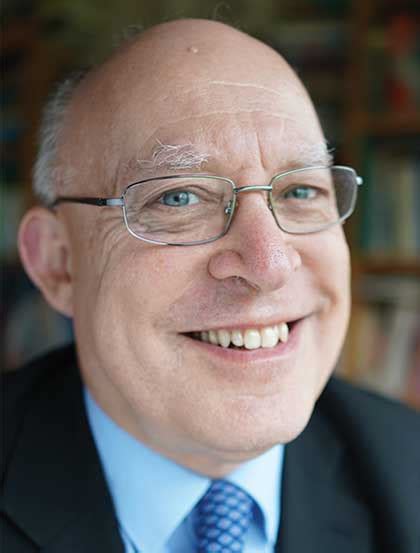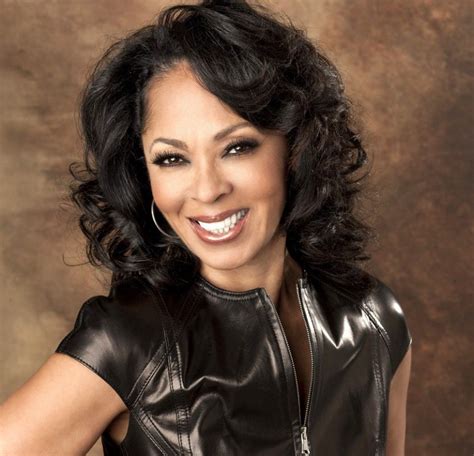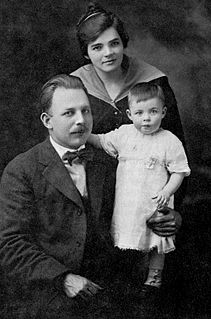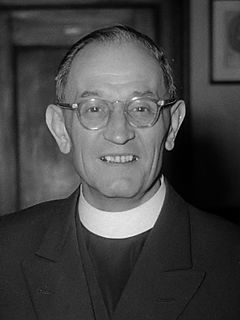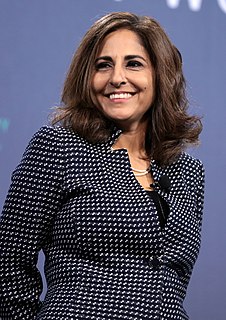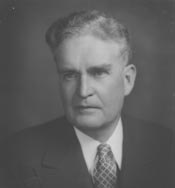A Quote by Martin Manser
Take a look at the number of Bibles on your shelf. Think how grateful you are for the help you've received from various Bible translations and editions over the years.
Related Quotes
Most of my library consists of books on the Catholic faith: conversion stories, books on saints and Early Church Fathers, Apparitions of Mary, prayer books, Scriptural resource books on Apologetics, Typology, concordances, bible dictionaries, bible encyclopedias and at least 40 bibles - both Catholic and Protestant editions in several different translations.
There is more Bible buying, Bible selling, Bible printing and Bible distributing than ever before in our nation. We see Bibles in every bookstore - Bibles of every size, price and style. There are Bibles in almost every house in the land. But all this time I fear we are in danger of forgetting that to HAVE the Bible is one thing, and to READ it quite another.
The question is grateful to who? You would think grateful to Allah, but Allah didn’t mention Himself. So it could be grateful to Allah, grateful to your parents, grateful to your teachers, grateful for your health, grateful to friends. Grateful to anyone who’s done anything for you. Grateful to your employer for giving you a job. Appreciative. Grateful is not just an act of saying Alhamdulilah. Grateful is an attitude, it’s a lifestyle, it’s a way of thinking. You’re constantly grateful.
Be on guard against any tampering with the Word, whether disguised as a search for truth, or a scholarly attempt at apparently hidden meanings; and beware of the confusion created by the senseless rash of new versions, translations, editions, and improvements upon the tried and tested Bible of our fathers and grandfathers.
The language of all the interpretations, the translations, of the Judaic Bible and the Christian Bible, is musical, just wonderful. I read the Bible to myself; I'll take any translation, any edition, and read it aloud, just to hear the language, hear the rhythm, and remind myself how beautiful English is.
Today we take it for granted that the Bible is in our language. We forget that the Bible used to not be available to the common man. It's no wonder that TIME magazine recorded the number one event of the last 1,000 years was the Gutenberg printing of the Bible which made this book available in mass form to all people.
We don't have great answers to what jobs will look like in 10, 20, 30 years. And I think it's right for people to have some anxiety in a world where driverless cars are going to take over. Like, how are you going - it's gotten really, how are you going to have a job in 10 years, and how are your kids going to have a job in 10 years, if you haven't gone to college or had a lot of hand-ups in the system, basically.
Leonardo da Vinci did not take received wisdom - whether from ancient classical thinkers or medieval scholars or from the Bible - without questioning it. And this was the beginning of the scientific method. This is another lesson for our time: that when we have evidence that contradicts a certain belief, we should be willing to change it. I think this made Leonardo, in some ways, a person who better understood the beauty of God's creation than a person who just takes all received wisdom from the Bible on faith.
Of course my books are translated into many languages. I have here, in my home, translations on my shelf of my books into forty-five different languages. Almost none of them I can read. I can read only the English editions. But, I know that a translation of a work of literature is like playing a violin concerto on the piano. You can do this. You can do this very successfully on one strict condition: never try to force the piano to produce the sounds of the violin. This will be grotesque. So, different musical instruments provide for different music.
